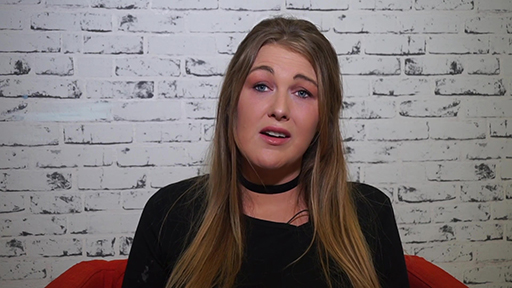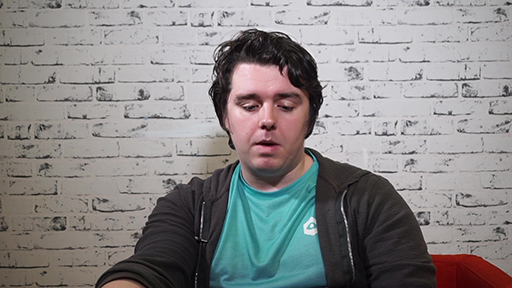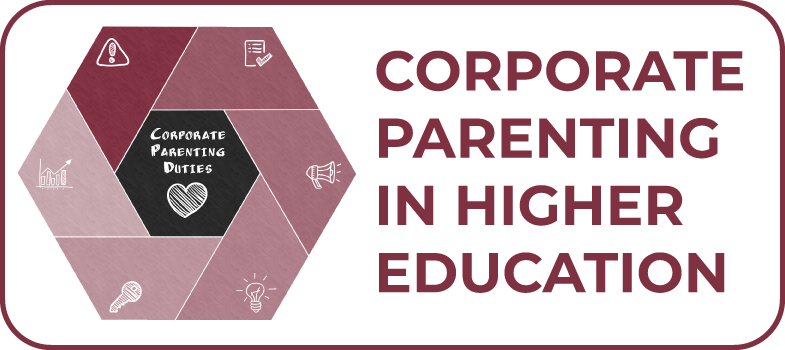Risk of criminalisation
Despite representing only 1.2% of young people under 21, just under half of young people in custody and 26% of the adult prison population reported having been in care as a child (SPS 2018 [Tip: hold Ctrl and click a link to open it in a new tab. (Hide tip)] ).
Even this incredible statistic is probably an underestimate, as it relies on prisoner self-declaration and ‘Care-Experienced’ is not a universally applied term across statutory services. Some people don’t recognise themselves as having been in care (for example, those looked after at home), while fear of stigma may further reduce declaration rates.
In residential care, situations that would normally be dealt with in a family setting may be handed over to the police to deal with as the capacity to deal with these in care settings is limited (Independent Care Review, 2020).
In this clip, Dionne speaks about a conviction she received when in care. Sometimes Care-Experienced applicants wanting to study at your institution and will hold a conviction. It’s important to understand the context in which a conviction may have occurred.

Transcript
I was charged with assault for a baby carrot. And that was within a unit as well. We’d all sat down for dinner, the dinner had been placed in the middle of the table, I’d picked up a spoon, it was a cooked baby carrot, and I flicked it. And because it hit a staff member, the police were phoned and I was charged for assault for a baby carrot. That’s something that followed me through my life and affected me getting jobs in my career.
In this clip Charlie discusses an incident where he was caught shoplifting during a difficult time in his life when he had left care and was living in homeless accommodation. Charlie talks about the police officers' understanding of his situation and the difference this approach made to him.

Transcript
And then the police came in and this guy, the security guard, was being really aggressive, he was like “it’s disgusting, why would people even steal things? It’s a joke. This young generation are horrible. I hope he gets punished severely. We’re definitely charging him”, and whatever. And I’m just sitting there, completely distraught. And then the police are like “right, okay.” So, instead of taking me through the store, which is what I’ve seen happen about a million times, they took me out a fire exit at the back of the store so that it wasn’t public. It didn’t give me the embarrassment of going through. They didn’t put me in handcuffs, he just had his hand around my wrist. And then put me in the back of the van and then he spoke with his colleague, the two of them spoke with each other and then they turned around and said “where are you living just now?” and I said “I’m in homeless accommodation, I’ve just been in. I’ve got no income, I’m going to lose my room and I don’t really know what to do because I don’t know how to life, I don’t know how to adult, basically.” And he was like “right, we’re just going to let you go because it seems like an act of desperation that you’ve been stealing stuff, don’t let us catch you doing it again, but sort yourself out.” And he gave me advice about how I could get money from social work until I had benefits and all this other stuff, and it was good, and it was a really good experience.
Activity 2
Having watched both videos, make some notes (in your learning journal or in the box below) about the differences in the responses to Dionne and Charlie’s behaviour. Some things to consider might be:
- How you would respond if your child flicked a carrot at you
- What a fair response to Dionne’s situation might have been
- The attitude of the security guard compared to that of the police officer
- Your reaction to a disclosure of a conviction by a student
Placement moves
